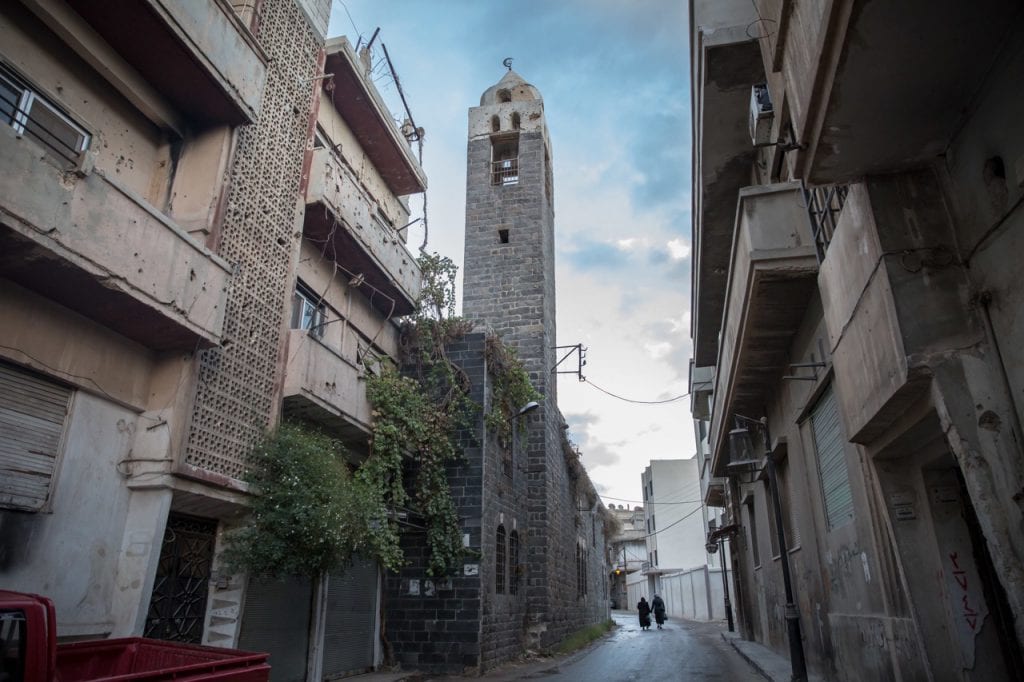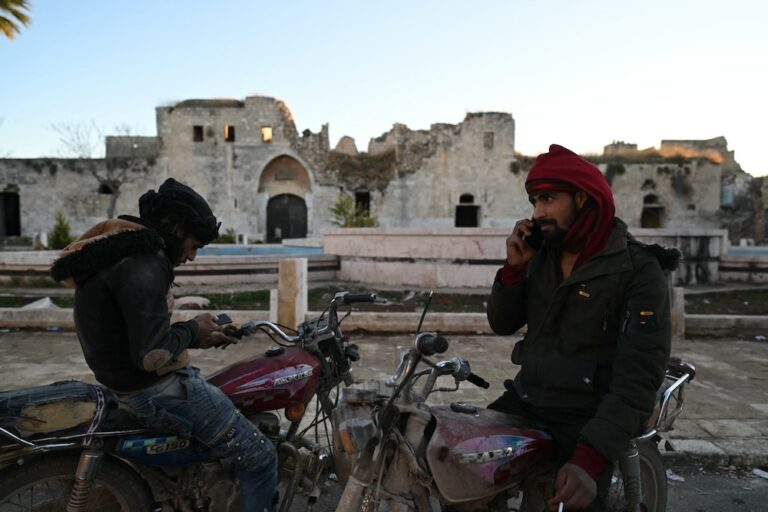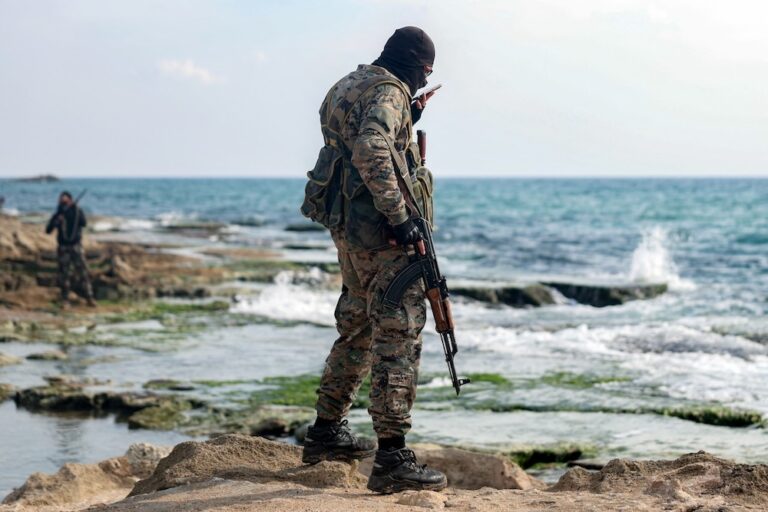Ali Mahmoud Othman's family was recently told he died in detention and is seeking official confirmation of his death and the return of his body.
This statement was originally published on rsf.org on 19 April 2019.
Reporters Without Borders (RSF) calls for an investigation into the status of Ali Mahmoud Othman, a well-known Syrian citizen-journalist who disappeared after arrest in 2012. His family was recently told he died in detention on 30 December 2013 and is seeking official confirmation of his death and the return of his body.
One of the managers of the media centre in the city of Homs at the start of the uprising in Syria in 2011, Othman gained prominence for his coverage of the Syrian regime’s artillery bombardment of Homs and for helping foreign reporters. After his arrest, he became one of the many journalists to disappear in the regime’s prisons.
“All possible light must be shed on the status of Ali Othman and the other journalists who disappeared after being arrested by the Syrian authorities,” RSF’s Middle East desk said. “The survivors must be freed without delay, the bodies of those who died in detention must be returned to their families, and those responsible for their death or execution must be identified.”
Othman described the bombardment of Homs in the many live interviews he gave to international TV channels with his face unconcealed. He also helped foreign reporters operating clandestinely in the city, including Marie Colvinand Rémi Ochlik, who were killed in an artillery attack on the Baba Amr media centre in Homs in February 2012.
Edith Bouvier, a French journalist injured in the same attack who was smuggled out of Syria with Othman’s help, told Le Figaro when Othman was arrested that “he had expressed the fear that he could be accused of colluding with a hostile country – France – and that helping us to get free might cost him his life.”
After being arrested by Syrian intelligence agents in Aleppo in March 2012, Othman was forced to make a “confession” that was recorded and broadcast on Syrian TV in April 2012. It included questions about his video reports, his relations with the participants in demonstrations, and his relations with foreign reporters.
Shiyar Khalil, a Syrian journalist who managed to get out of prison and leave Syria, has described the torture to which he was subjected in similar circumstances, and how his interrogators accused him of “fabricating false information against Bashar al-Assad and of being a terrorist.”
Following the reports of Othman’s arrest in 2012, several western governments voiced concern and called for his release.
Dozens of Syrian journalists are still missing in various parts of the country. In most cases they disappeared after being arrested by government forces. They remain missing although the Assad government, when issuing updated lists of civilian deaths last year, implicitly recognized that hundreds of missing persons, including journalists, had died in detention.
The fate of many journalists who were kidnapped in Syria by rebel armed groups, including Jaysh al Islam and Islamic State, is also still unknown.
Syria is ranked 174th out of 180 countries in RSF’s 2019 World Press Freedom Index.



